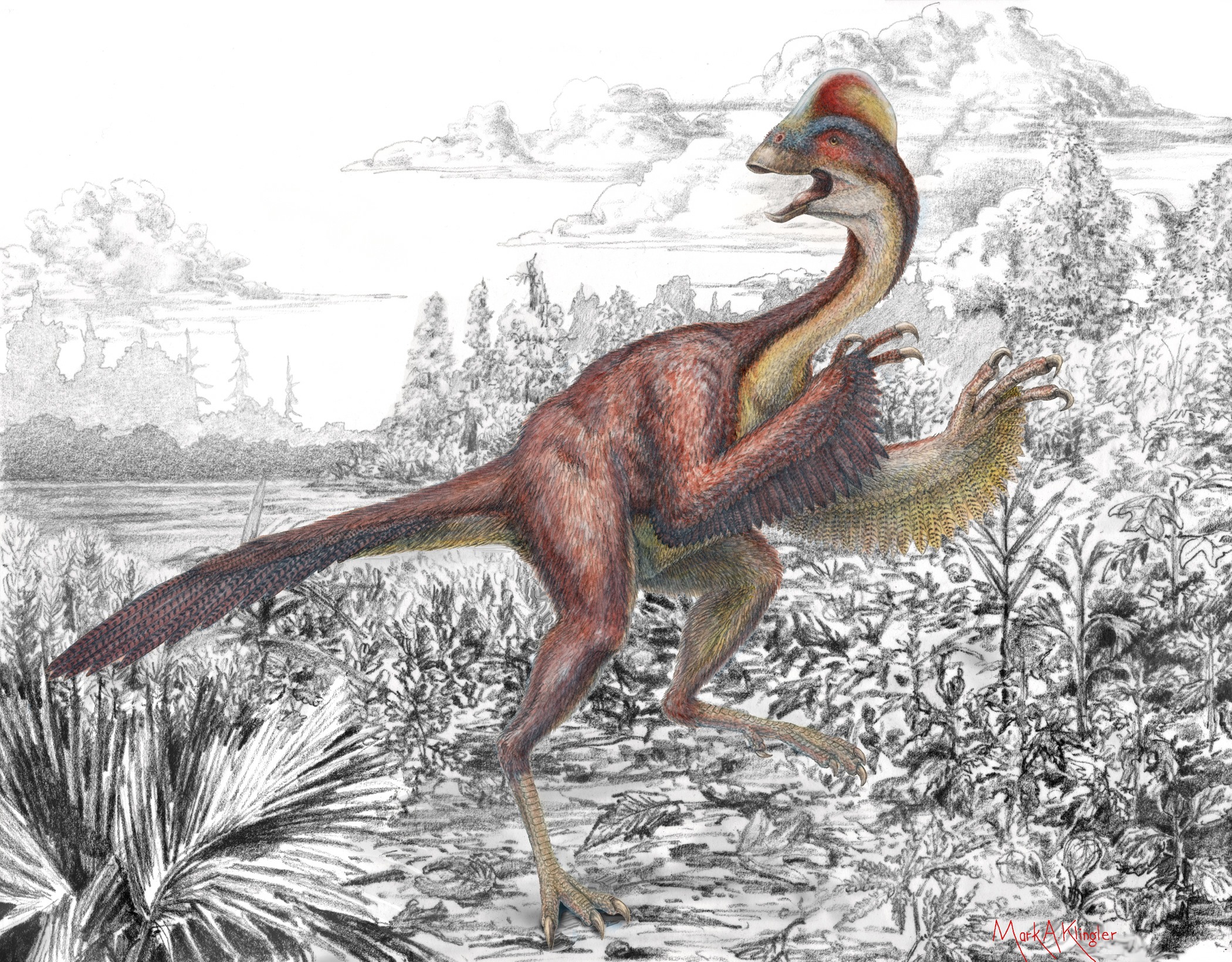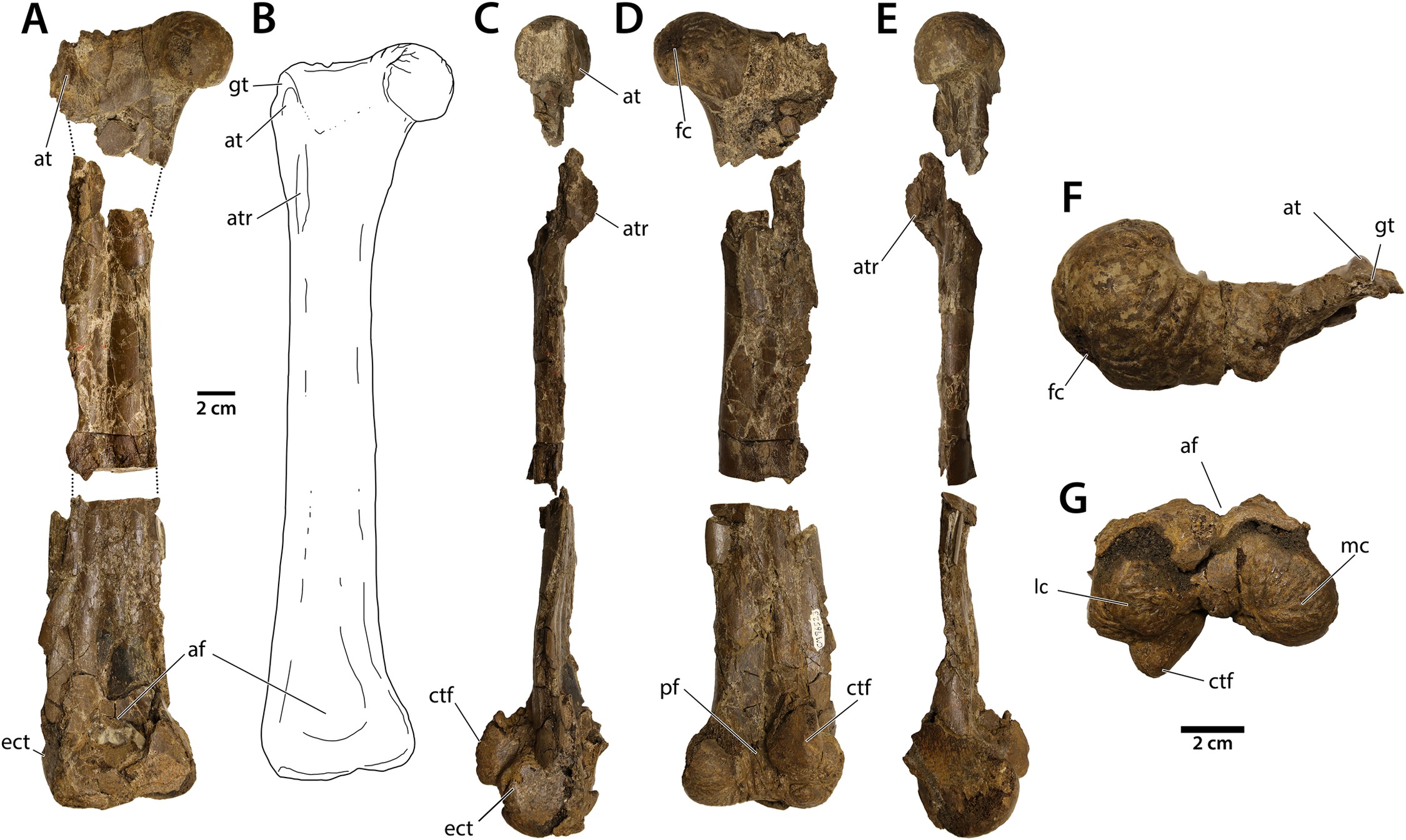We are talking about oviraptorosaurs belonging to the mysterious family of cenagnatids. Their most famous representative, Anzu (Anzu wyliei), was described back in 2014. This ancient creature still remains poorly understood, so when new fossils of a bird-like dinosaur were discovered in South Dakota (USA), paleontologists hastily attributed them to this species.

However, after careful examination of the remains, archaeologists from the University of Oklahoma came to the conclusion that they were dealing with a completely new creature. Research A new oviraptorosaur (Dinosauria: Theropoda) from the end-Maastrichtian Hell Creek Formation of North America this was published by the journal PLOS One.
The new one was named Eoneophron infernalis. Apparently, he also belonged to the oviraptorosaur family, a group of human—sized dinosaurs that lived 100-66 million years ago. It had three-toed paws with sharp claws and a short tail. The diet is still unknown, but most likely the prehistoric "chicken" was omnivorous.

Social behavior is also difficult to establish — for this, paleontologists do not have enough material to study.
It is likely that sociality (or lack thereof) differed among different individuals: some lived alone, while others huddled in packs.
The study shows that the cenagnatids flourished throughout the Late Cretaceous period before they were destroyed during the fatal collision of the planet with an asteroid 66 million years ago.